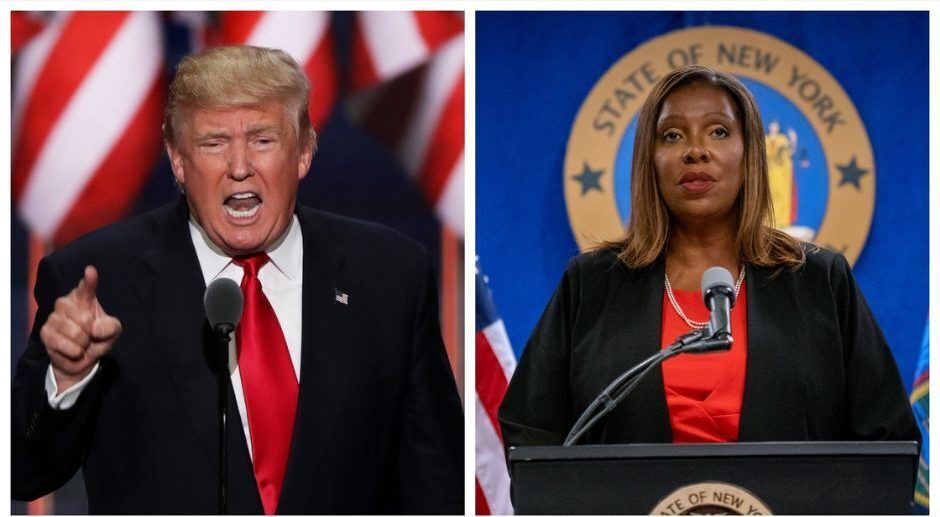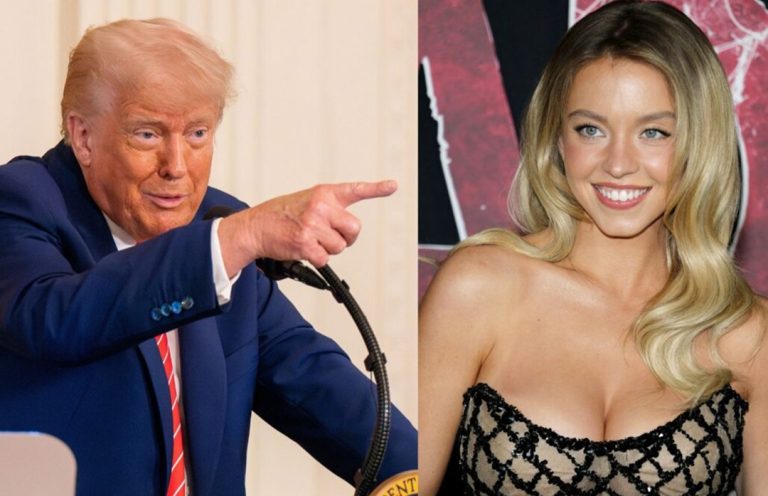A federal judge has delivered a significant victory to the Trump administration in a high-profile legal standoff with New York Attorney General Letitia James and a coalition of Democratic state attorneys general. The ruling allows a government oversight team to resume its investigation into suspected wasteful federal spending—an inquiry that had been halted for months due to legal challenges.
U.S. District Judge Jeannette Vargas, presiding in the Southern District of New York, ruled Tuesday that officials from the Department of Government Efficiency (DOGE) may proceed with a sweeping audit of the U.S. Treasury’s payment systems. Her decision ends a legal blockade that had prevented key DOGE personnel from accessing sensitive government data tied to federal disbursements.
The case stemmed from a lawsuit filed by James and 17 other Democratic attorneys general, who argued that the DOGE team lacked the proper legal framework and oversight to access taxpayer records. They claimed the Trump administration had overreached by empowering this unit with broad authority under loosely defined guidelines.
But after the federal government submitted updated documentation showing that all four DOGE investigators had completed rigorous training to handle classified financial data, Judge Vargas determined that the safeguards in place now met legal standards. This includes verifying compliance with Treasury’s internal protocols and data protection requirements.
The four officials—DOGE director Tom Krause and investigators Linda Whitridge, Samuel Corcos, and Todd Newman—are now authorized to fully participate in the probe into Treasury expenditures, which the administration alleges may be riddled with inefficiencies or improper payments.
“The evidence demonstrates that these personnel are sufficiently trained and vetted,” Judge Vargas wrote in her ruling, as first reported by Politico. “It is neither practical nor necessary for the Court to micromanage staff access on a case-by-case basis.”
Previously, the court had restricted the DOGE team’s access to Treasury systems, citing concerns over a lack of oversight and standardized training. The latest ruling removes those barriers and also removes the requirement for DOGE to seek individual judicial approval each time a new staff member is assigned to the audit.
Letitia James, currently facing a separate federal criminal investigation herself, had portrayed the oversight effort as a partisan attack on federal programs such as Medicaid, Social Security, and unemployment insurance. She argued that it was designed to weaken public confidence in vital safety net institutions under the guise of fiscal accountability.
“This is nothing more than a reckless attempt to weaponize federal bureaucracy,” James had said in earlier statements.
However, proponents of the audit argue that watchdog functions like DOGE’s are essential in identifying systemic inefficiencies and curbing waste in federal spending—especially in an era of mounting national debt.
The ruling represents a dramatic shift from earlier in the case, when Judge Vargas—who was appointed during the Biden administration—expressed concern about DOGE’s initial lack of structure. Her reversal follows the government’s latest submission of over 40 pages of procedural manuals, background checks, and cybersecurity certifications, which swayed the court’s opinion.
With legal barriers removed, DOGE can now resume its broad review of how the Treasury Department processes and distributes billions in federal funds each year. The investigation will examine payment integrity across multiple departments, with findings expected to inform future cost-cutting reforms.
The Treasury Department has not yet commented on the judge’s decision. Meanwhile, watchdog groups and some fiscal conservatives have applauded the ruling, calling it a necessary step toward increased accountability in federal finance.
Letitia James and her co-plaintiffs have not announced whether they plan to appeal the decision.









